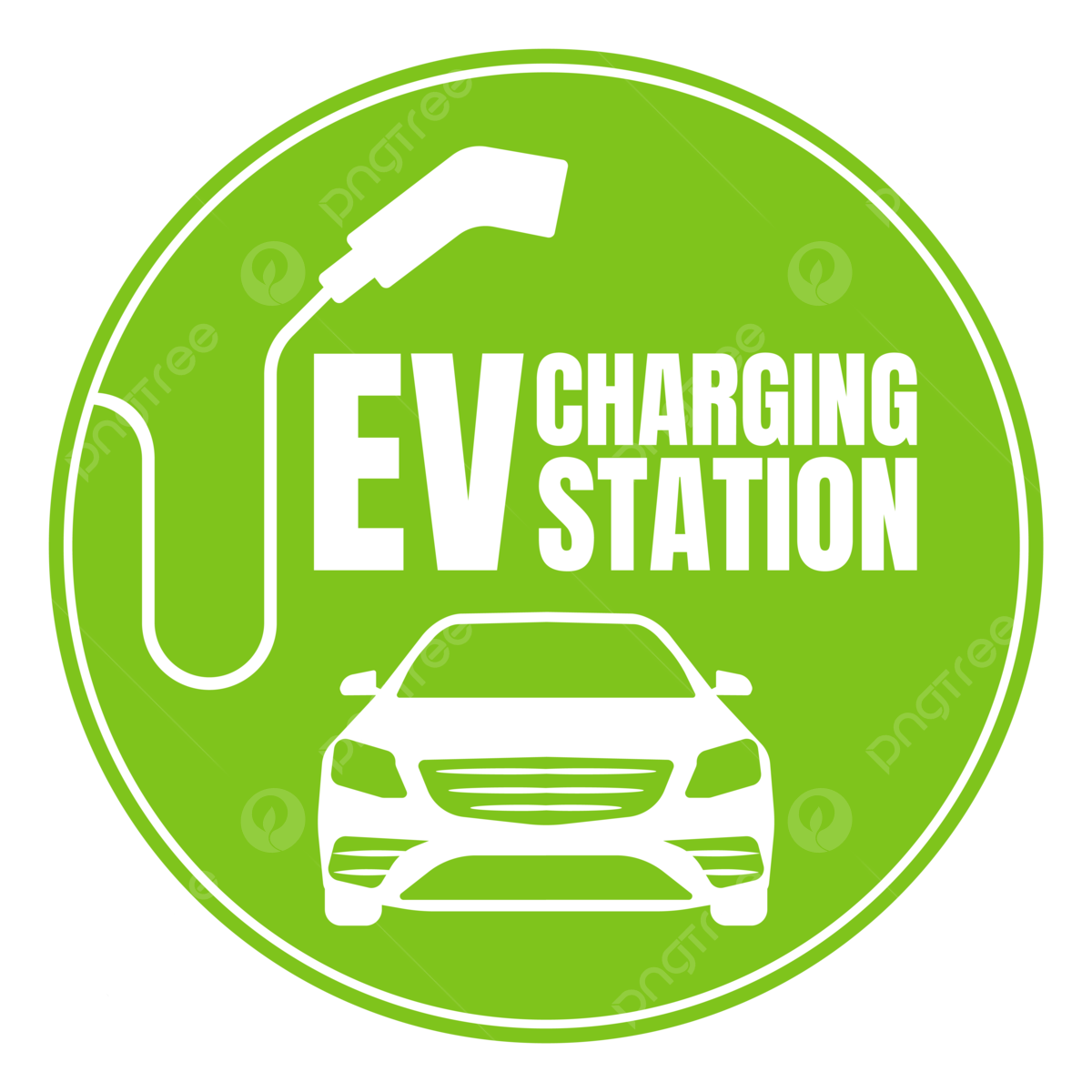The Ongoing Battle: Car Dealers Resist Electric Vehicle Regulations

Table of Contents
The transition to electric vehicles (EVs) is accelerating globally, driven by environmental concerns and technological advancements. However, this shift faces significant resistance from a powerful sector: car dealerships. This article explores the ongoing battle between car dealers and increasingly stringent electric vehicle regulations, examining the reasons behind this resistance and its implications for the future of the automotive industry. Keywords: Electric Vehicle Regulations, Car Dealers, EV Resistance, Automotive Industry, Electric Vehicle Adoption, EV Sales, Government Regulations, Internal Combustion Engine (ICE), Dealer Pushback.
<h2>Financial Concerns and the Shift in Sales Models</h2>
The financial implications of the EV transition are a primary driver of dealer resistance to electric vehicle regulations. Dealerships have traditionally relied heavily on the revenue generated from servicing and repairing internal combustion engine (ICE) vehicles. This business model is fundamentally challenged by the emergence of EVs.
<h3>Reduced Profit Margins on EVs</h3>
Electric vehicles, with their simpler mechanics and fewer moving parts, require significantly less maintenance than their ICE counterparts. This directly translates to reduced revenue streams for dealerships.
- Lower maintenance translates to lower service revenue: Oil changes, spark plug replacements, and other routine maintenance tasks, significant revenue generators for ICE vehicles, are largely absent in EVs.
- Reduced parts sales for EVs compared to ICE vehicles: The fewer components in an EV mean fewer opportunities for parts sales, impacting dealer profitability.
- Potential for reduced profit per vehicle sold: While the initial sale of an EV might generate a profit, the long-term service revenue is significantly less, impacting overall dealership profitability.
<h3>Investment in New Infrastructure and Training</h3>
Successfully transitioning to an EV-centric sales and service model requires substantial upfront investment and ongoing adaptation. Dealers are hesitant to shoulder these costs without guarantees of a sufficient return.
- High initial costs for EV charging stations: Installing and maintaining EV charging stations requires a significant capital investment.
- Need for specialized training on EV technology and repair: Mechanics need specific training to diagnose and repair EV components, adding to dealership expenses.
- Uncertainty about return on investment: Dealers face uncertainty about the speed of EV adoption and the potential return on their investments in infrastructure and training.
<h2>Resistance to Government Incentives and Mandates</h2>
Government regulations and incentives aimed at accelerating EV adoption are often met with resistance from car dealerships. This resistance stems from concerns about their business models and the potential impact on sales.
<h3>Opposition to EV Sales Quotas</h3>
Many dealerships strongly oppose government mandates that require a certain percentage of their sales to be EVs. They view these quotas as an unfair imposition that disrupts their established sales strategies.
- Concerns about meeting mandated quotas, especially in regions with low EV demand: In areas with lower consumer interest in EVs, meeting quotas can be particularly challenging and potentially damaging to overall sales.
- Fear of reduced sales of popular ICE vehicles: Dealers worry that focusing on EV sales will divert resources and attention away from their profitable ICE vehicle sales.
- Lobbying efforts to influence and weaken regulations: Dealerships often engage in lobbying efforts to influence or weaken EV regulations, reflecting their strong opposition.
<h3>Concerns about Consumer Acceptance and Market Readiness</h3>
Some dealers argue that the market is not yet ready for widespread EV adoption, citing several perceived barriers to consumer acceptance.
- Emphasis on consumer perceptions and hesitancy toward EVs: Dealers often highlight consumer concerns about range anxiety, charging infrastructure limitations, and perceived higher purchase prices.
- Highlighting the limitations of existing charging infrastructure: The lack of widespread and reliable charging infrastructure is frequently cited as a major barrier to EV adoption.
- Concerns about the affordability and accessibility of EVs: The higher initial purchase price of EVs compared to comparable ICE vehicles remains a major concern for many potential buyers.
<h2>The Impact of Dealer Resistance on EV Adoption</h2>
The resistance from car dealers to electric vehicle regulations has significant consequences for the overall transition to EVs and the future of the automotive industry.
<h3>Slowed Progress Towards Climate Goals</h3>
Dealer resistance directly impacts the rate of EV adoption, thus hindering progress towards crucial climate goals.
- Reduced sales of EVs compared to potential without dealer resistance: Dealer resistance actively slows down the transition to EVs, reducing the number of EVs on the road.
- Impact on overall carbon emissions and air quality: Slower EV adoption directly impacts the reduction of carbon emissions and improvement of air quality.
- Delays in achieving national and international climate goals: The slow pace of EV adoption caused by dealer resistance jeopardizes the achievement of national and international climate targets.
<h3>Implications for the Automotive Industry's Future</h3>
The ongoing conflict between dealers and EV regulations will significantly shape the future of the automotive industry.
- Potential for job losses in traditional auto service sectors: The reduced maintenance needs of EVs could lead to job losses in traditional auto service sectors.
- Need for innovative business models to support EV sales: New business models are needed to support EV sales and service, requiring adaptation from both dealers and manufacturers.
- Importance of government support for dealer transition to EV sales: Government support and incentives are crucial to help dealers successfully transition to EV sales and service.
<h2>Conclusion</h2>
The resistance by car dealers to electric vehicle regulations presents a substantial obstacle to achieving widespread EV adoption and meeting climate goals. Addressing the financial concerns of dealerships, facilitating infrastructure improvements, and fostering a collaborative approach between regulators, manufacturers, and dealers is crucial. Understanding the motivations behind this opposition and working towards solutions that address the concerns of all stakeholders is vital to accelerating the successful transition to a future powered by electric vehicles. Only through collaboration and a proactive approach can we overcome this ongoing battle and ensure a smooth and successful adoption of electric vehicles, paving the way for a greener and more sustainable automotive industry. Let's work together to overcome the challenges presented by Electric Vehicle Regulations and embrace a sustainable future.

Featured Posts
-
 Can Edgar Berlanga Live Up To The Hype Against Hamzah Sheeraz
May 04, 2025
Can Edgar Berlanga Live Up To The Hype Against Hamzah Sheeraz
May 04, 2025 -
 Oni Byli Kak Bratya Kuper I Di Kaprio Pravda O Razlade
May 04, 2025
Oni Byli Kak Bratya Kuper I Di Kaprio Pravda O Razlade
May 04, 2025 -
 Witnessing The Partial Solar Eclipse Saturdays Event In Nyc
May 04, 2025
Witnessing The Partial Solar Eclipse Saturdays Event In Nyc
May 04, 2025 -
 Athy Artist Launches Powerful New Art Exhibition
May 04, 2025
Athy Artist Launches Powerful New Art Exhibition
May 04, 2025 -
 Blake Lively And Anna Kendrick Shine At Another Simple Favor Event
May 04, 2025
Blake Lively And Anna Kendrick Shine At Another Simple Favor Event
May 04, 2025
